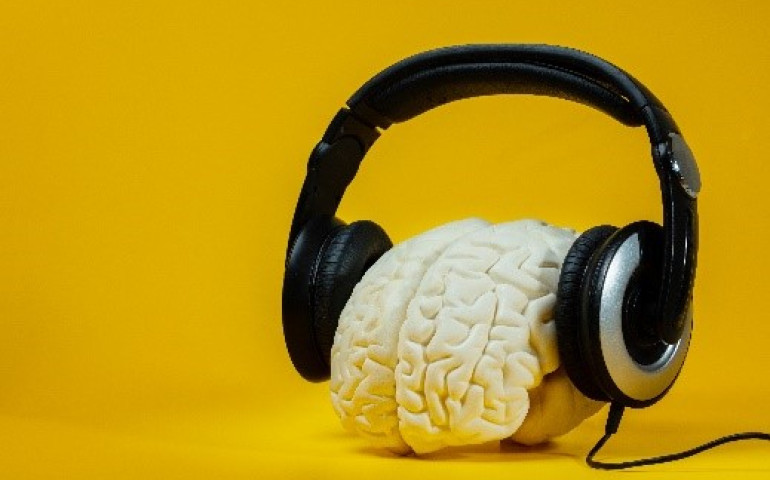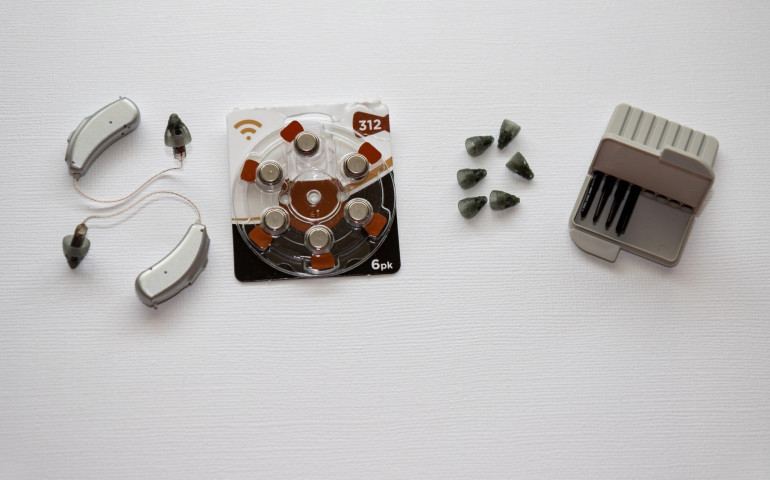When you are diagnosed with hearing loss, it can be easy to think that your world is coming to an end. When it comes to things that you can do, you may start discounting what you're capable of. One of these things may be learning a new language.
Learning a New Language is Difficult For Everyone
To start, it's crucial to realize that learning a new language is fairly challenging for everyone. Just because you have hearing loss, that doesn't mean that you can't learn a new language. It simply means that you will need to be more strategic with your learning process.
Everyone who experiences hearing loss will do so to a different degree. Therefore, what learning methods work great for one student may not be ideal for another. It's essential to take the time to try out different learning methods and stick with the ones that work specifically to help you master another language.
Determining a Potential Second Language
While every language may seem to sustain the same amount of difficulty at first glance, that's not always the case. Depending on your type of hearing loss, you may suffer from hearing high or low-pitched noises. When you choose a language, it's going to be in your best interest to choose a language in a pitch range that you'll be more prone to hearing.
For example, if you struggle with hearing high-pitched noises, then you may want to avoid Spanish or French as they both tend to be higher-pitched languages. Additionally, certain languages have most of their words pronounced whole, such as German. Other languages may have words that have quiet or silent endings. It will be easier to pick up a language with whole words as they will be easier to lipread than languages with silent or quiet endings.
Learning Strategies to Set Yourself Up For Success
Before you endeavor down the path of learning a second language, it's highly advisable that you take the time to properly prepare your learning environment. Speak with your teacher to discuss learning tactics that work for you. For example, many hard-of-hearing students learn better when there is visual stimulation alongside listening tasks. Ask your teacher to include more diagrams and visuals for more accessible learning.
When it comes to audio clips and videos, ask for them to be subtitled so that you can help to follow the words alongside the sounds and lipreading. When the teacher is speaking, ask them to wear a microphone that can help to reduce background noise and allow you to focus more clearly on their voice.
Call Us Today
If you're interested in obtaining new hearing aids, give us a call at Beltone Dallas Fort Worth. Our helpful hearing specialists can examine your hearing and provide the best recommendations to meet your needs and budget.






